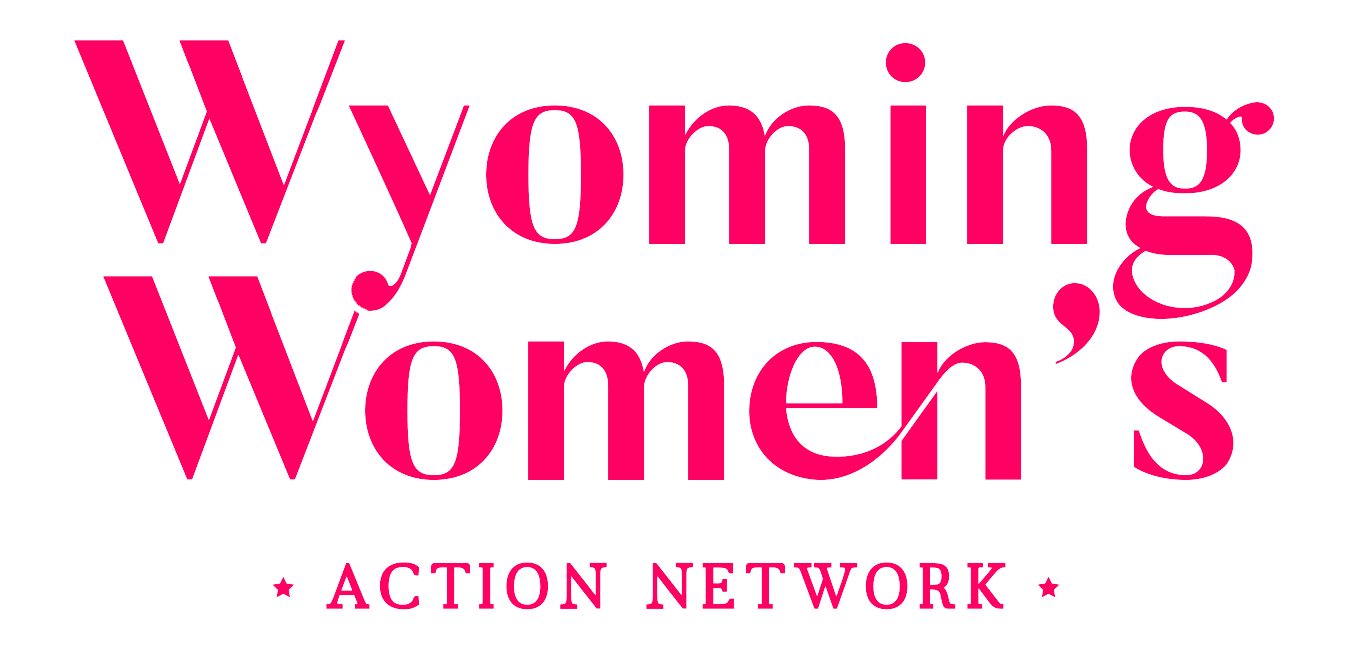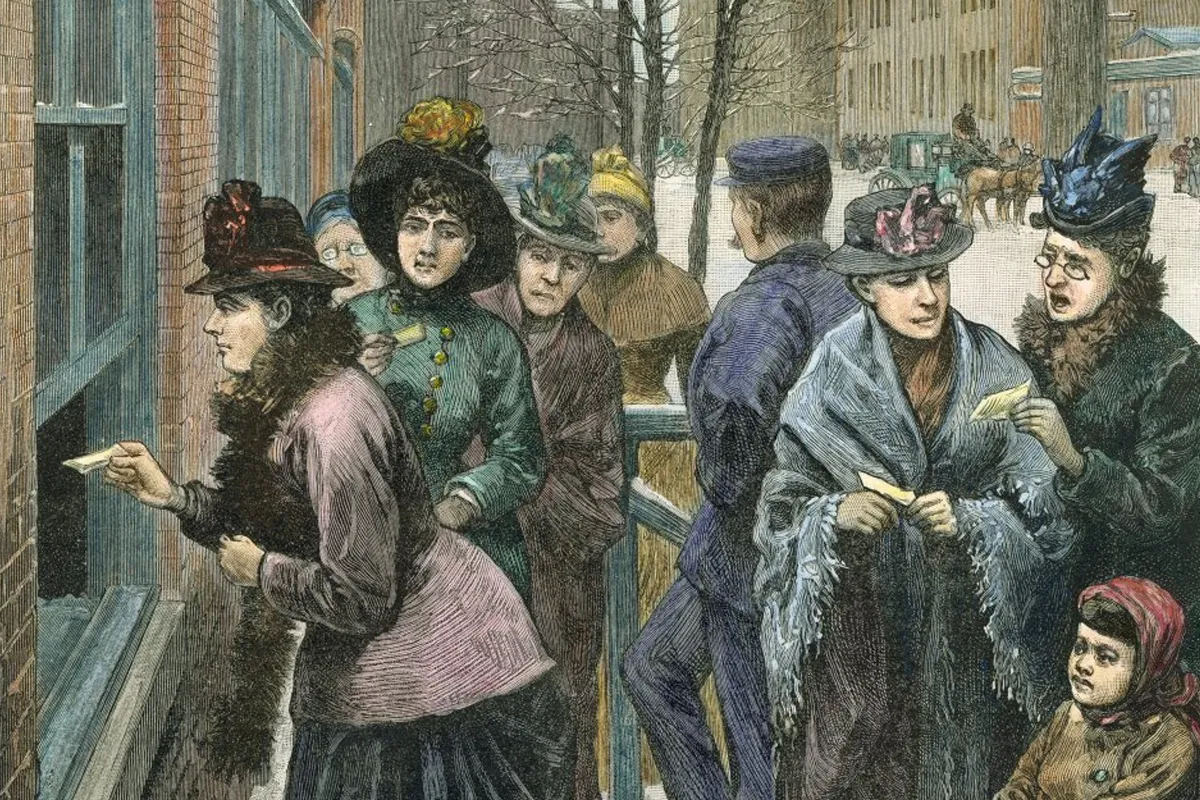Policy Work
Women’s economic well-being is a critical facet of gender equality and societal progress.
Achieving economic security and empowerment for women is not only a matter of fundamental human rights but also an essential driver of economic growth and social stability. When women have access to equal opportunities in education, employment, and entrepreneurship, they can contribute significantly to the workforce and the overall economy. Addressing gender pay gaps, promoting financial literacy, and ensuring access to affordable childcare and family support services are key steps toward enhancing women’s economic well-being. Empowering women economically not only benefits them individually but also strengthens families, communities, and nations, leading to a more equitable and prosperous world for all.

According to recent economic reports:
A Paycheck Fairness Act, modeled on federal efforts, would include:
LATEST NEWS & POSTS



